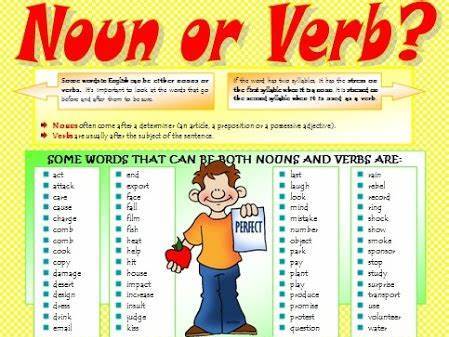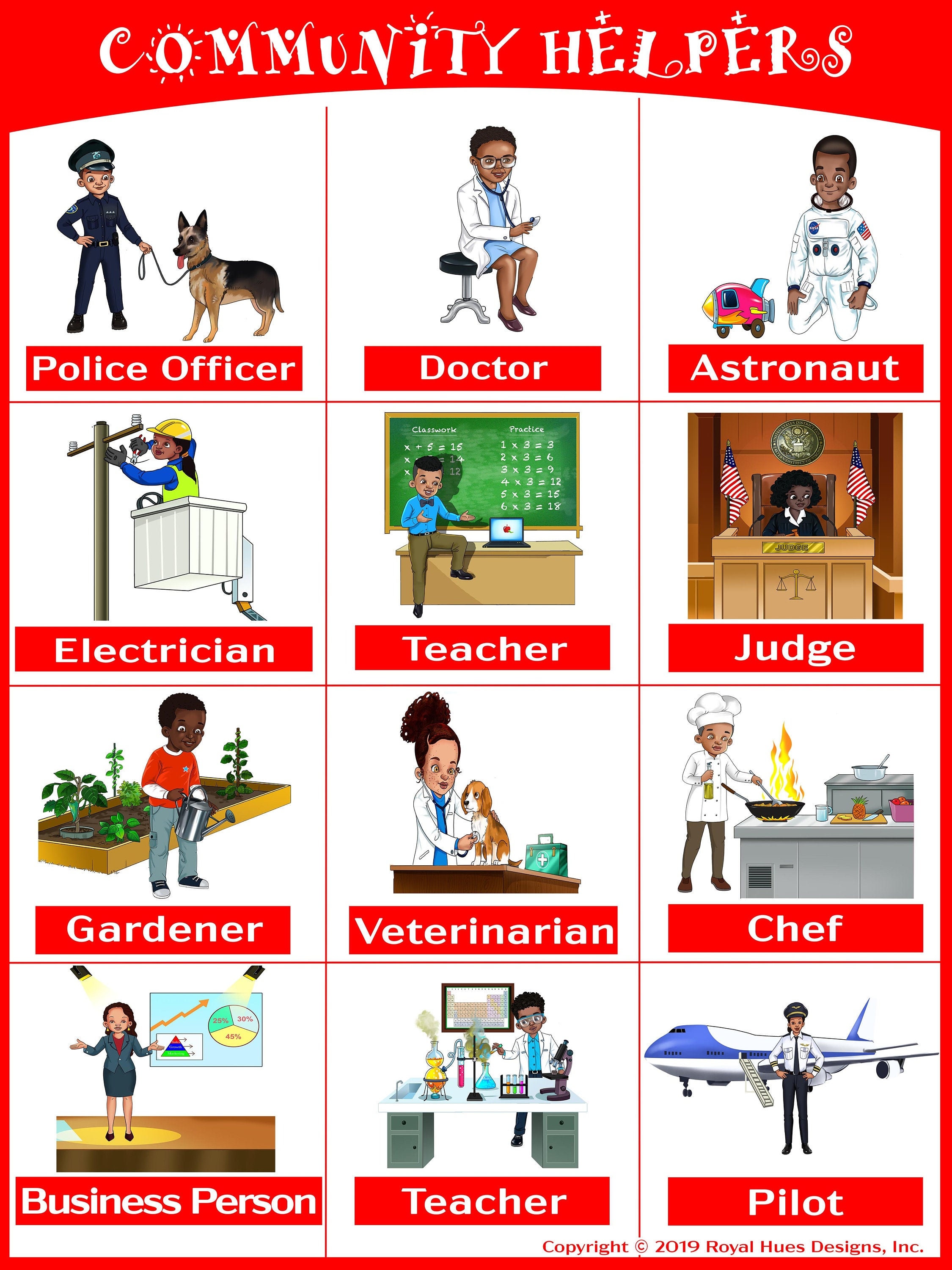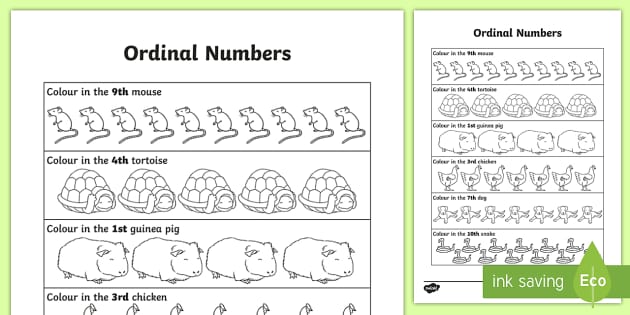Noun and Verb Worksheets for Effective Language Learning

Mastering Nouns and Verbs: The Foundation of Effective Language Learning
Language learning can be a daunting task, especially when it comes to understanding the nuances of grammar and syntax. However, with the right tools and resources, anyone can become proficient in a new language. Two of the most fundamental components of language learning are nouns and verbs. In this article, we will explore the importance of nouns and verbs, and provide you with noun and verb worksheets to help you practice and reinforce your language skills.
What are Nouns and Verbs?
Nouns are words that refer to people, places, things, and ideas. They are the building blocks of language and are essential for communication. Nouns can be common (cat) or proper (John), concrete (book) or abstract (happiness). They can also be classified as countable (apple) or uncountable (water).
Verbs, on the other hand, are words that express actions, events, or states of being. They describe what is happening, has happened, or will happen in a sentence or phrase. Verbs can be action verbs (run), linking verbs (be), or helping verbs (will).
Why are Nouns and Verbs Important?
Understanding nouns and verbs is crucial for effective language learning because they form the core of sentence structure and meaning. Without a strong grasp of nouns and verbs, communication can be confusing and unclear.
Here are some reasons why nouns and verbs are important:
- Clear communication: Nouns and verbs help convey meaning and context in language.
- Accurate sentence structure: Understanding nouns and verbs is essential for building grammatically correct sentences.
- Effective expression: Mastering nouns and verbs enables you to express yourself clearly and confidently.
Noun and Verb Worksheets for Practice
To help you practice and reinforce your understanding of nouns and verbs, we have provided several worksheets below. These worksheets cover various aspects of noun and verb identification, usage, and sentence structure.
Worksheet 1: Noun Identification
Identify the nouns in the following sentences:
- The sun is shining brightly in the clear blue sky. ( Answer: sun, sky)
- The book on the table is mine. (Answer: book, table)
- The city is known for its vibrant culture. (Answer: city, culture)
Worksheet 2: Verb Identification
Identify the verbs in the following sentences:
- She is studying for her exam. (Answer: studying)
- The company will hire new employees next month. (Answer: will hire)
- The kids are playing outside. (Answer: playing)
Worksheet 3: Sentence Building
Build sentences using the following nouns and verbs:
- Nouns: cat, book, city
- Verbs: read, run, explore
Example sentences:
- The cat is reading a book. (Incorrect - cats cannot read)
- The child is running in the park. (Correct)
- The tourists are exploring the city. (Correct)
Worksheet 4: Error Analysis
Identify and correct the errors in the following sentences:
- The teacher give the student a homework. (Answer: gives)
- The dog chase the cat. (Answer: chases)
- The company will hires new employees. (Answer: will hire)
📝 Note: For worksheets 1-4, please refer to the answer key at the end of this article.
Tips for Effective Practice
To get the most out of these worksheets, follow these tips:
- Practice regularly: Set aside time each day to practice noun and verb identification, sentence building, and error analysis.
- Use flashcards: Create flashcards with nouns and verbs on one side and their meanings or examples on the other.
- Read and listen: Read books, articles, and news in your target language, and listen to podcasts, radio shows, or audiobooks to improve your comprehension.
Conclusion
Mastering nouns and verbs is a crucial step in language learning. With these worksheets and tips, you can improve your understanding of nouns and verbs and become more confident in your language skills. Remember to practice regularly, use flashcards, and read and listen to improve your comprehension.
Answer Key:
Worksheet 1: Noun Identification
- Sentence 1: sun, sky
- Sentence 2: book, table
- Sentence 3: city, culture
Worksheet 2: Verb Identification
- Sentence 1: studying
- Sentence 2: will hire
- Sentence 3: playing
Worksheet 3: Sentence Building
- Example sentences:
- The cat is reading a book. (Incorrect)
- The child is running in the park. (Correct)
- The tourists are exploring the city. (Correct)
Worksheet 4: Error Analysis
- Sentence 1: The teacher gives the student a homework.
- Sentence 2: The dog chases the cat.
- Sentence 3: The company will hire new employees.
What is the difference between a noun and a verb?
+A noun is a word that refers to a person, place, thing, or idea, while a verb is a word that expresses an action, event, or state of being.
Why are nouns and verbs important in language learning?
+Nouns and verbs are the building blocks of language and are essential for clear communication, accurate sentence structure, and effective expression.
How can I practice nouns and verbs effectively?
+Practice regularly using worksheets, flashcards, and reading and listening materials. Use online resources, language learning apps, and practice with a language partner or tutor.



